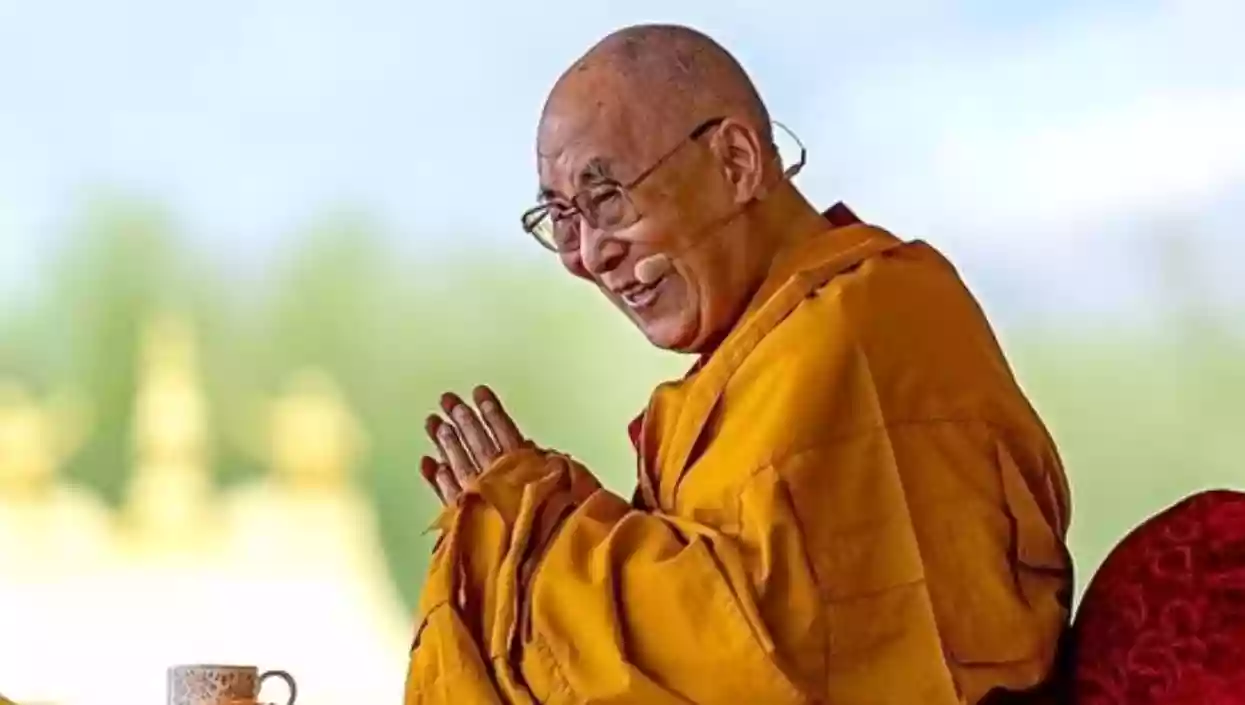Shubhman Gill slams maiden Test 200 in 311 balls against England
.gif)
.gif)

India has strongly refuted China's assertion that the Dalai Lama's successor must be chosen with Beijing's approval. Union Minister Kiren Rijiju on Thursday declared that the authority to decide on the incarnation of the Dalai Lama rests solely with the established institution and the Dalai Lama himself, emphasizing that "nobody else has the right to decide it except him and the conventions in place." This clear statement comes a day after China reiterated its stance that the Dalai Lama's reincarnation must be "approved by the Chinese government" and follow rituals like drawing lots from a golden urn.
Kiren Rijiju, a practicing Buddhist who will represent the Indian government at the Dalai Lama's 90th birthday event in Dharamshala on July 6, underscored the spiritual leader's significance. He called the Dalai Lama the "most important and defining institution" for Buddhists worldwide, highlighting that his followers believe the incarnation process is governed by established conventions and the Dalai Lama's own wishes. The 14th Dalai Lama, Tenzin Gyatso, who fled Chinese-occupied Tibet to India in 1959, has consistently maintained that the 600-year-old institution will continue.
Just recently, the Dalai Lama announced that a non-profit trust he created in 2015, the Gaden Phodrang Trust, would be the sole authority to recognize his reincarnation, explicitly ruling out China's interference. Beijing, however, criticized these remarks, insisting on its historical claim to approve the succession. This ongoing dispute over the Dalai Lama's reincarnation underscores the deep geopolitical and cultural tensions between India and China regarding Tibet and its spiritual leadership, especially as the current Dalai Lama approaches his 90th birthday.